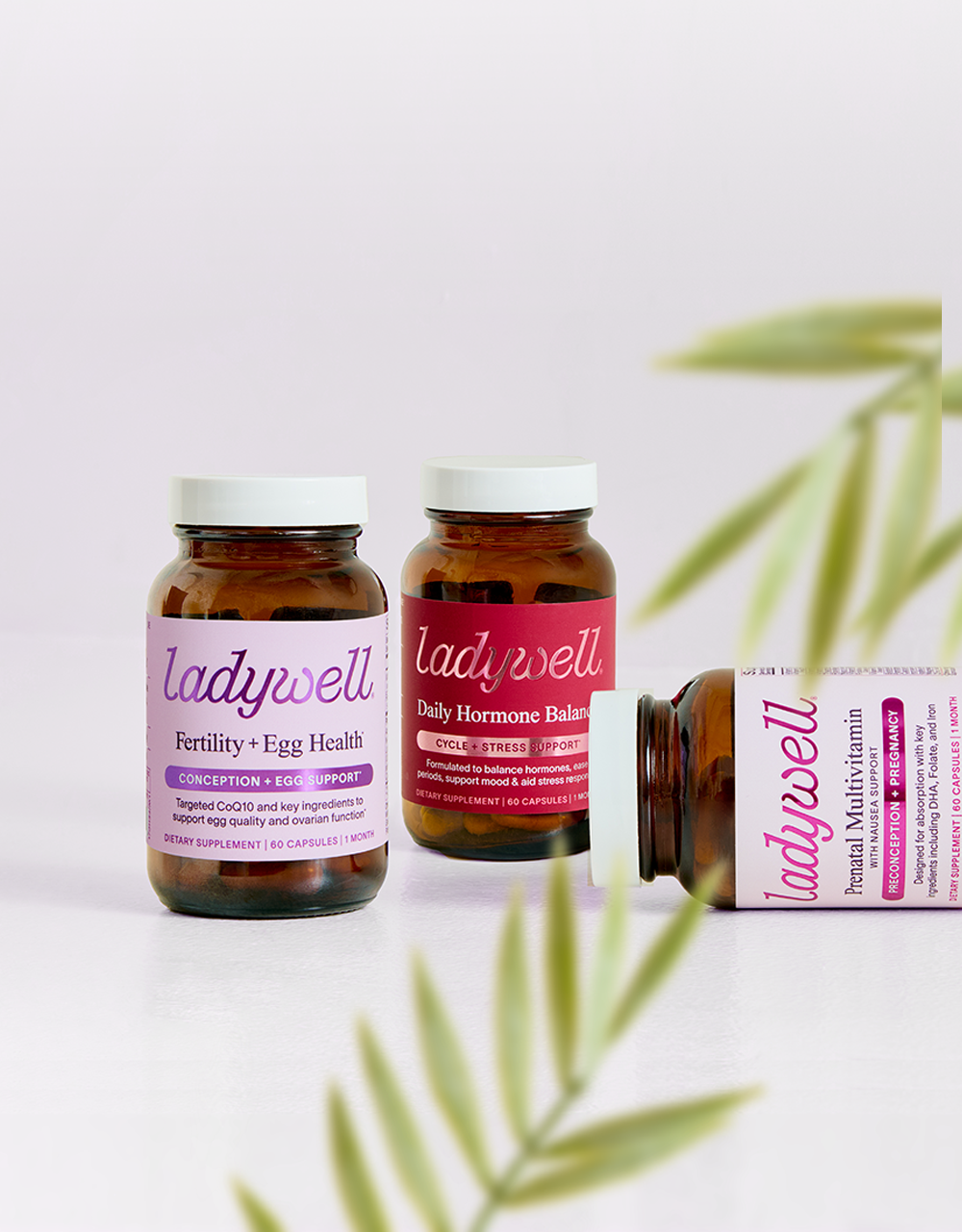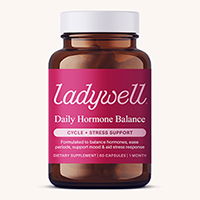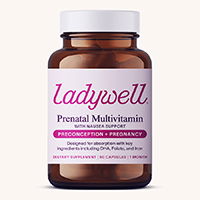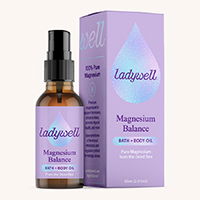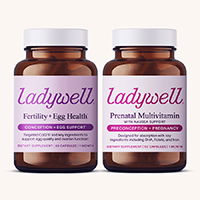Puberty is a wild ride, and hormones are at the center of it all. They’re like little messengers, directing your body’s changes, moods, and overall growth. Understanding what’s happening during this phase can make it less confusing and even empower you to take better care of yourself. Let’s dive into what hormones do during puberty and how to keep them balanced for a smoother transition.
What Are Hormones and Why Do They Matter?
Hormones are chemical messengers produced by glands in your endocrine system. During puberty, two key hormones—estrogen and progesterone—take center stage for girls. These hormones are responsible for:
- Breast development
- Starting your menstrual cycle
- Changes in body shape, like wider hips
- Growth spurts
They also influence your mood, energy levels, and skin health.
What Changes Happen During Puberty?
Hormones drive the many physical and emotional changes you experience during puberty. Here are some common signs of puberty in girls:
- Physical Changes: Breast development, growth of pubic and underarm hair, and the start of your period.
- Emotional Changes: Mood swings, increased sensitivity, and sometimes feelings of self-consciousness.
- Skin Changes: Hormonal shifts can lead to acne or oily skin as your body produces more sebum.
Signs of Hormonal Imbalance in Teens
While some fluctuation is normal, certain signs could indicate a hormonal imbalance during puberty:
- Irregular Periods: It’s normal for cycles to be inconsistent at first, but prolonged irregularity might need attention.
- Severe Mood Swings: Feeling overwhelmed occasionally is okay, but constant emotional highs and lows could signal an issue.
- Extreme Fatigue or Low Energy: If you’re constantly tired, even with enough sleep, hormones might be to blame.
How to Support Hormonal Health During Puberty
- Eat Nutrient-Rich Foods: Focus on a balanced diet with plenty of fruits, vegetables, whole grains, and healthy fats. Key nutrients like magnesium, zinc, and B vitamins support hormonal balance.
- Stay Active: Regular exercise can help stabilize mood, boost energy, and improve hormonal health. Activities like yoga, swimming, or even daily walks work wonders.
- Manage Stress: Stress can throw your hormones out of balance. Try mindfulness exercises, journaling, or deep breathing techniques.
- Get Enough Sleep: Aim for 8–10 hours of quality sleep each night to allow your body to reset and regulate hormones.
-
Consider Natural Support: Herbs like chasteberry and evening primrose oil are often used to support hormonal balance. Always consult a healthcare provider before trying new supplements.
How Hormones Affect Mental Health
Hormones don’t just impact your body; they also play a huge role in your emotions and mental health. Estrogen, for instance, influences serotonin levels (a feel-good brain chemical), which is why mood swings are common during puberty. Understanding this connection can help you be kinder to yourself during tough moments.
Supporting Hormonal Health with Supplements
In addition to a healthy diet and lifestyle, certain supplements can support your body through the hormonal ups and downs of puberty. For example, Ladywell’s Daily Hormone Balance is specifically formulated to promote hormonal health in girls and women. It contains key nutrients and herbal ingredients like magnesium, B vitamins, and adaptogenic herbs that help regulate mood, energy, and hormonal fluctuations.
Supplements like these are a great way to fill any nutritional gaps and provide extra support during this transformative time. You can check with a healthcare provider before introducing new supplements to ensure they’re right for you.
When to Seek Help for Hormonal Issues
If you notice persistent symptoms like severe acne, missed periods for several months, or mood changes that interfere with daily life, it’s a good idea to talk to a healthcare provider. Early intervention can help address any underlying issues and support a smoother puberty journey.
Final Thoughts
Puberty is a time of incredible change, and hormones are your body’s way of steering the ship. While it can feel overwhelming, understanding what’s happening and supporting your hormonal health with healthy habits can make a big difference.
By embracing this phase with knowledge and self-care, you’re setting yourself up for a balanced and healthy future.
Disclaimer
The information provided in this blog is for educational purposes only and is not intended as a substitute for professional medical advice. Always consult a qualified healthcare provider before making any changes to your health regimen, especially if you are pregnant, nursing, or taking any medications.




